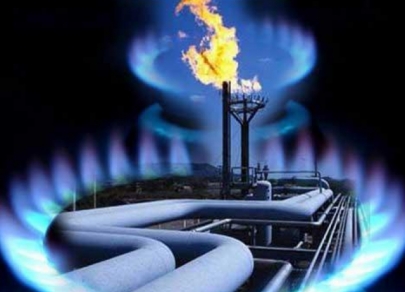FX.co ★ 10 crucial trends for new gas year
10 crucial trends for new gas year
The new financial year, which has kicked off on October 1, will be crucial for the dynamics of natural gas prices. According to Peter Stewart, chief energy analyst at Interfax Global Energy, attention should be paid to 10 key trends that will directly affect the gas prices in the new 2017-2018 gas year.
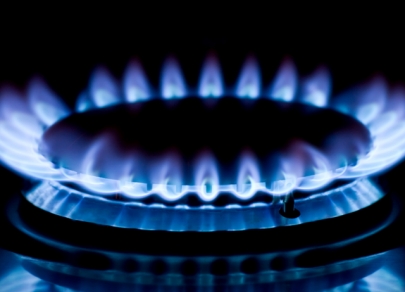
Chinese LNG market growing
China's switch to a greater gas consumption instead of coal is expected to persist, the analyst believes. The Chinese government continues a clampdown on coal, preparing to heat millions of houses by gas, thus boosting the demand for it. Growing gas consumption in China is contributing to an increase in LNG imports. So far this year, the country's LNG imports surged by almost 44%.
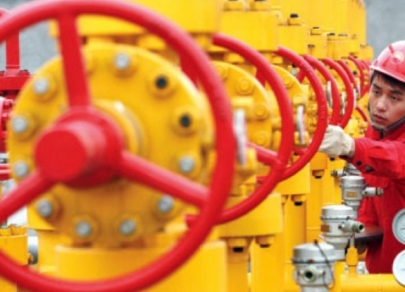
Increase in LNG supplies from South America and the US
In the current gas year, experts predict an increase in LNG exports from the countries of the Americas. This is not surprising: the US, Trinidad and Tobago, as well as Peru are boosting their raw materials' exports. From January to September 2017, combined exports of these countries amounted to 19.74 million tonnes of LNG, which is 51.5% more than in 2016. According to Stewart's forecasts, North and South America will increase natural gas exports by 10% to 28.4 million tonnes.

Oil prices seeing geopolitical risk premium
At the moment, experts note a high level of OPEC/non-OPEC oil cut compliance. This helps to keep the global oil market balanced. Analysts believe this trend will continue in the 2017-2018 gas year.
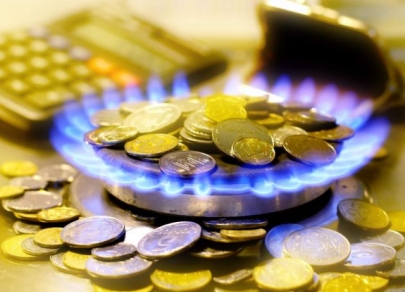
Potential rise in Henry Hub natural gas prices
Henry Hub natural gas spot prices could be higher this year and next year in case forecasts about a very cold winter in the US come true. Demand for gas in the commercial sector could substantially increase; while natural gas marketed production in the United States could decline. This would result in the depletion of reserves in 2017-2018. According to Stewart's forecasts, US natural gas inventories would total about 30 billion cubic meters, down from 58.4 billion cubic meters a year before.
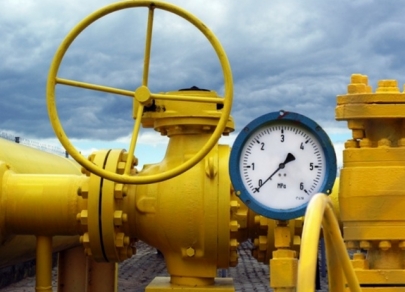
Activity of Japanese firms selling LNG set to increase
According to analysts, nuclear power plants in Japan are set to resume operations in the 2017-2018 gas year. In 2016, Japan witnessed a decline in LNG exports as the nuclear power plant's operations had been restarted and the government had launched electricity production from renewable sources. Japan is the world's largest gas consumer, but due to changes in its energy policy, the country may lose its previous position by 2020, Stewart believes.
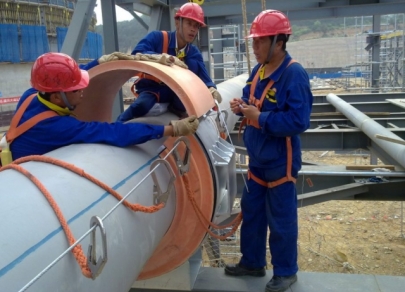
Russian gas exports to Europe to continue
Analysts claim this winter Europe could face a shortage of natural gas. The reason is a reduction of the Groningen natural gas production cap in the Netherlands as well as the shutdown of Rough, the UK long-term gas storage facility, which takes place amid tensions in the Brexit negotiations. Stewart believes Russian gas exports to Europe could reach record levels by the end of 2017 and next year.

Investments in new gas projects
Investments in LNG projects are a crucial factor in the global natural gas market. Thus, the first production train of the Wheatstone LNG project in Australia has been launched and the second one is set to be started soon thanks to the investment inflow. The launch of new gas liquefaction facilities in various parts of the planet contributes to the growth of LNG supplies. The number of new LNG production projects is among the factors that will determine the prospects for the natural gas market in the 2020s.
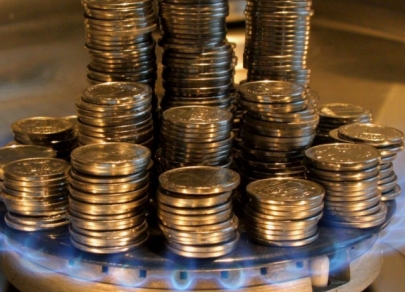
Importance of associated gas production in MEA region
Analysts note a growing importance of natural gas in the energy structure of the Middle East and African (MEA) countries. According to Stewart, the production of this type of gas would contribute to the overall gas output in the region in 2017-2018 gas year.
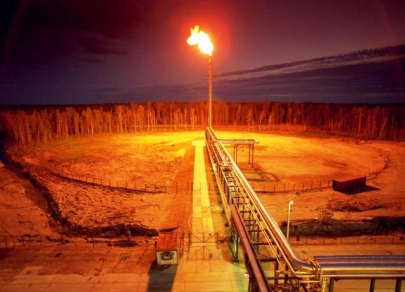
Growing supplies from North Africa
Experts mention numerous projects being launched in Egypt and Algeria aimed to support LNG exports from both countries. Stewart believes that this trend will intensify in 2018. Egypt plans to put into operation four lines of its Zohr project as well as to expand operations of the Abu Qir site. In Algeria, the first phase of the South West Gas project has been launched. The total volume of gas and LNG exports from these countries was 25.23 billion cubic meters in 2017, an increase of 12.1% compared to 2016.
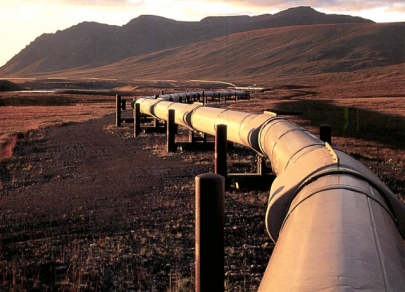
Bright prospects for LNG exporters from West Africa
In the 2017-2018 gas year, three major LNG exporters in West Africa - Nigeria, Equatorial Guinea and Angola - are planning to boost their overseas supplies. This is facilitated by higher activity of portfolio players, helping these countries to sell LNG in the spot market. In the first nine months of this year, these three nations increased their total LNG shipments abroad by 31% to 20.51 million tonnes. According to the forecast of Stewart, this figure will rise by another 10% in 2018.
